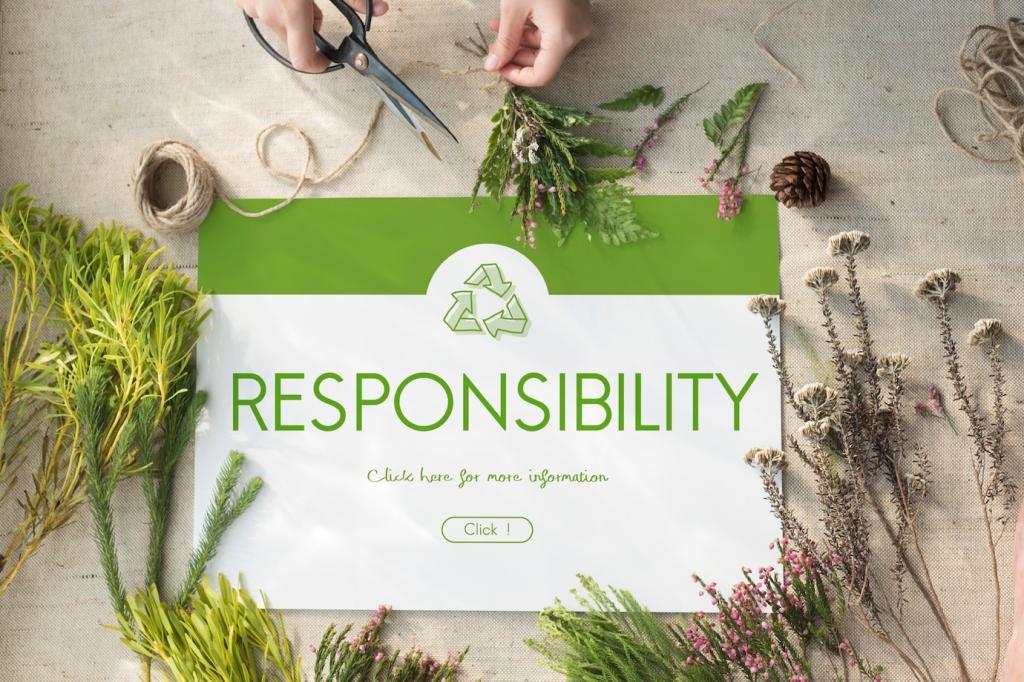Contracts, Clauses, and Collaboration
Include energy data requests, waste benchmarks, water conservation practices, and supplier codes of conduct. Weight sustainability alongside cost and location so it meaningfully affects selection. Provide a sample reporting template in your RFP to signal exactly how results will be measured, verified, and celebrated.
Contracts, Clauses, and Collaboration
Define metrics, data ownership, audit rights, and remedies for non-compliance, such as service credits or corrective action plans. Specify post-event reporting timelines and transparency expectations. Venues welcome clarity—clear clauses reduce friction and keep sustainability from becoming a last-minute negotiation casualty when schedules tighten.








